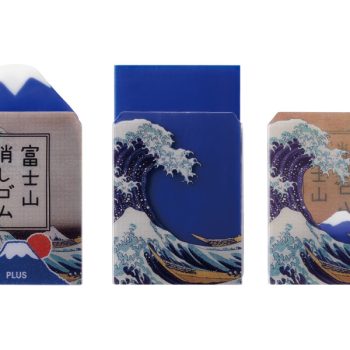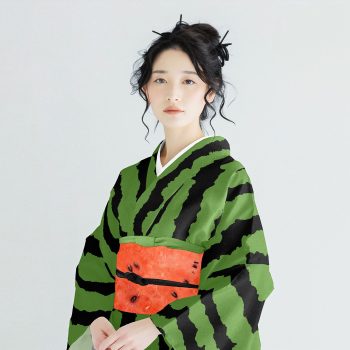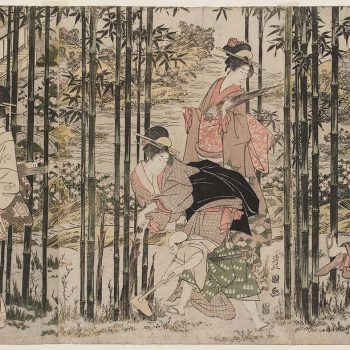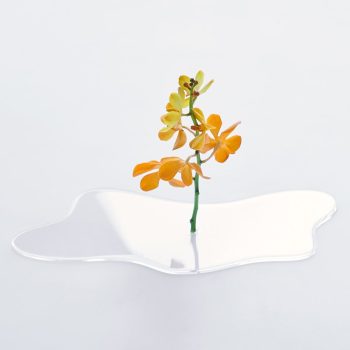
For the past 60 years Japanese book publisher Sanseido has maintained one of the country’s most-popular dictionaries. Every several years the dictionary undergoes a revision where new words are added and old ones removed. The latest such revision–the first in 8 years–was recently announced with 3500 new words added and 1,100 words removed. The removed are always interesting and generate somewhat of a buzz because they tell the story of forgotten times. Of course words aren’t simply removed because they’re “old” so to speak. So let’s take a walk down memory lane and remember some of the deleted words and why they were removed.

テレカ (teleka; short for telephone card)
Telephone cards were a quintessential item everyone had when leaving the house. As ubiquitous as the credit card is today, if you wanted to make a phone call and you didn’t want to keep adding coins to the pay phone you simple inserted the card and minutes were automatically deducted. The phone would punch little holes in the card too so you knew how much time was left. They came in all sorts of designs from athletes and celebrities to cute animals and landscapes. They were a popular collectors item too and I remember scouring phone booths for any cards left behind.
Reason for deletion: decline in usage

着メロ (chakumelo; short for chakushin melody or ringtone)
When mobile phones first began hitting the market, it was popular to customize ringtones. And before there was downloading, you could buy books that would teach you how to enter the right keys to emulate popular songs at the time and then use them as ringtones.
Reason for deletion: decline in usage

コギャル (kogyaru; a subset of gal fashion)
It’s hard to talk about the 90s in Japan without mentioning kogyaru. The fashion style, which involved schoolgirls riffing on their own school uniforms by hiking up their skirt, wearing loose socks and often dying their hair, became synonymous with Shibuya culture but spread like wildfire across Japan. The media loved them for their wild, rebellious and sexy appearance and kogyaru had far reaching influences from consumer culture to slang.
Reason for deletion: trend of the past

タカラジェンヌ (takarasienne; a combination of the words takarazuka and parisienne)
The Takarazuka Revue is a Japanese all-female musical theatre troupe. An antidote to the traditional kabuki theater which only employes males, women play all the roles and mix androgyny with gender expression. Takarasienne was a term of endearment given to actresses in the theater who commanded a form of fan devotion not often seen outside pop idol groups.
Reason for deletion: need to eliminate the number of proper nouns

MD (short for MiniDisk)
In 1992, with hopes and dreams of transforming our relationship with music, Sony unveiled the MiniDisk. And for 10 years the company tried to convince the world that this was the future. But no one really listened. People continue to debate why MDs never took hold but one reason is that the technology was overpriced and Sony’s target market–teenagers–didn’t see the value in moving away from CDs and cassettes. Sony kept at it though and at one moment it felt like MDs might be having a moment but then came the proverbial nail-in-the-coffin: mp3s.
Reason for deletion: decline in usage; shrinking market

スッチー (suchi; short for suchuadesu or “stewardess”)
When JAL was established as Japan’s first postwar airline, its uniformed stewardesses were held up as icons of modernity in Japan. their charm, grace, and personalized service captured the hearts of the nation and for most of the late 90s it was one of the most-sought after careers. There were several popular TV series about flight attendants too: アテンションプリーズ (“Attention Please”) in the 70s was perhaps the first.
Reason for deletion: term of the past
Other words that were deleted include:
- 伝言ダイヤル (dengon dial)
- プラズマディスプレイ (plasma display)
- プロフ (purofu; short for profile)
- 携番 (keiban; short for keitai bango or mobile phone number)
- 企業戦士 (kigyosenshi; company warrior)
- パソコン通信 (pasokon tsushin; PC communication)
- 赤外線通信 (sekigaisen tsushin; infrared communication)
- カラーコーディネート (color coordinator)
- マイナスイオン (mainasu ion or negative ions)























August 25, 2022 at 8:02 pm
Nice post, thanks. Honestly, I wish they would leave the words in and just mark them as “out of date” or “not in popular use” or something. MDs weren’t even that long ago, and they are still somewhat well-known among at least middle-aged folks. Of course, other dictionaries might do this. This is just one of many.
August 27, 2022 at 12:11 am
I think it’s wrong to say that “MDs never took hold”. They certainly never took off in most countries, but they were quite popular in Japan, due to how they gave CD-like quality but also allowed people to record on them like a cassette tape. That’s why you see them being used a lot in anime, movies, and TV shows that were made in Japan during the 90s, and why Sony kept making the discs and players all the way through 2013.
August 29, 2022 at 9:56 pm
Sanshōdō? You mean Sanseidō?
September 6, 2022 at 3:57 pm
People still say ‘suchi’ for stewardess. At least older people do. ‘Cabin attendant’ (whatever its Japanese equivalent) has not caught on.